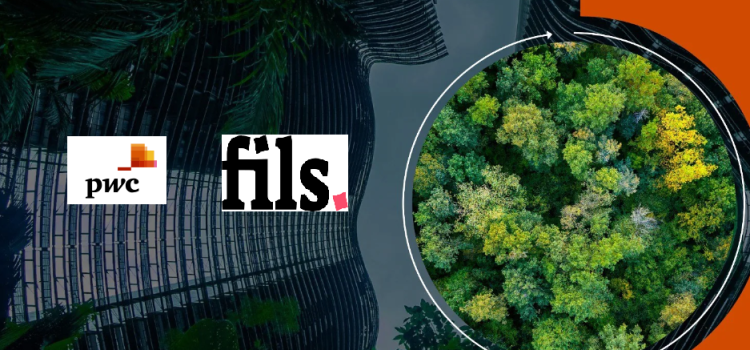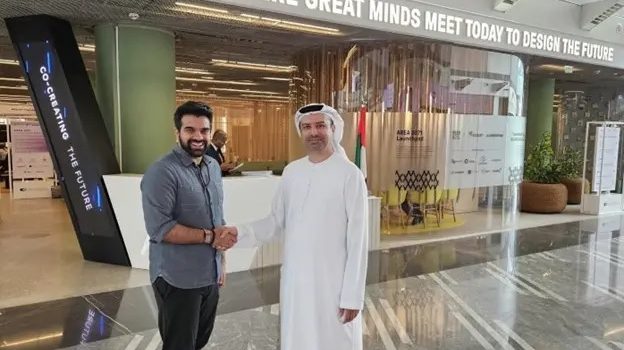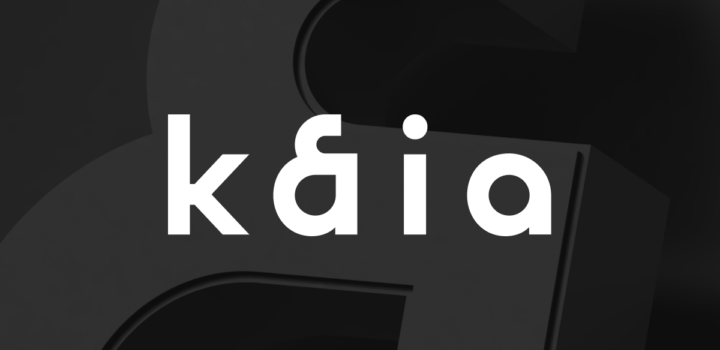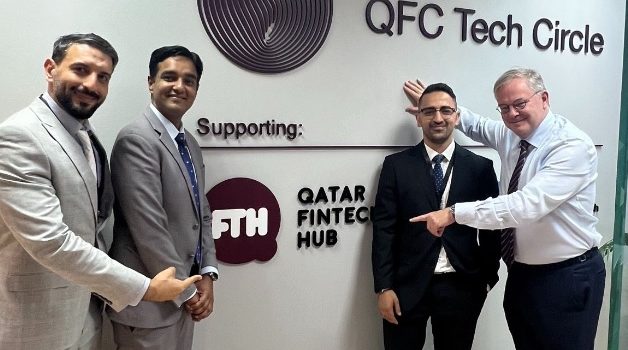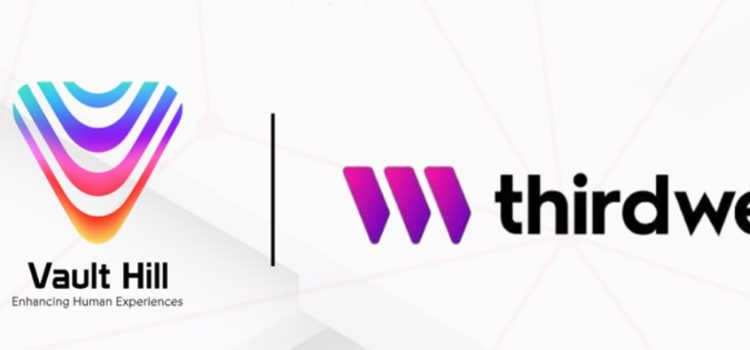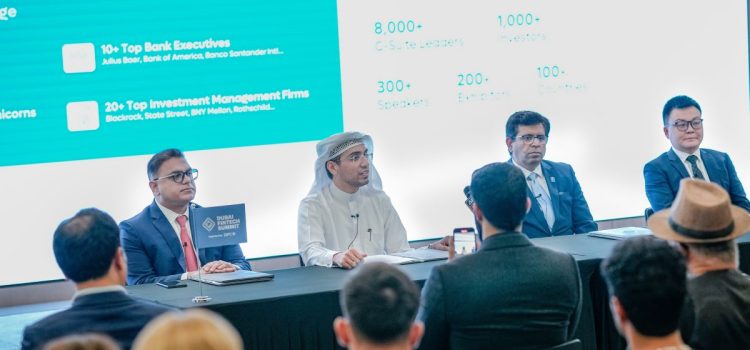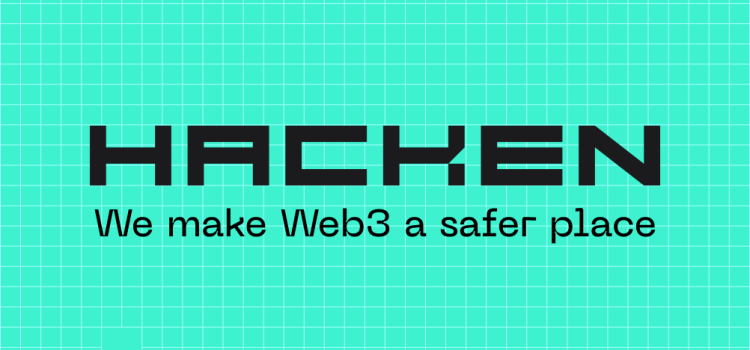
UAE based Fils, an enterprise-grade digital infrastructure provider enabling companies to embed sustainability and climate action into their business models, has featured in a new PWC Middle East report on Carbon credit tokenization: Pioneering a sustainable future.
It has been estimated that the carbon credits market will expand to US$100 billion by 2030, by Morgan Stanley, a global leader in financial services. The PwC Middle East report examines the tokenization of carbon credits and how financial institutions can become game-changing players in leveraging this process to combat climate change.
The report emphasizes the practical deployment of carbon credit tokenization- as demonstrated by Fils – showcasing how the fintech’s technology is being used by several of its banking clientele.
Since its launch ahead of COP28 last year, Fils has embedded digital tools to businesses across various sectors, enabling them to integrate climate initiatives into their workflows.
A case study featuring in the report reveals that their innovative software has enabled major fintechs, such as Magnati in the UAE and Geidea in the KSA, and banks such as Mashreq, to process payments that automatically offset carbon emissions, simplifying eco-friendly transactions and ensuring business transparency. Fils also uses advanced analytics for carbon emission calculations in corporate spending, offering a clear view of environmental impact. This approach exemplifies Fils’ efficient method to incorporate climate action into business models, contributing to a sustainable future in finance and positioning Fils as a foundational force in building a global community of sustainability-minded businesses.
“We are incredibly proud that Fils’ efforts and achievements in integrating climate action into business models have been recognized and used as a case study in this report.” said Nameer Khan, CEO of Fils. “Since our inception, we have been instrumental in assisting financial institutions to effectively incorporate climate action into their operations. This report not only showcases our technology through our real world case studies but also amplifies our reach, giving us a larger platform to inform others about what we do and expand into new regions. It’s a testament to our continued commitment to sustainability and the growing impact of our solutions on a global scale,” he added.
PwC Middle East’s report talks about the emergence of tokenization, its role in enhancing financial services, how tokenized carbon credits are creating game changing opportunities by building a more transparent, efficient and accessible market for carbon credits, in turn driving growth and therefore supporting the goals of the Paris Agreement to drop emissions by 45% by 2030.
Commenting on the report, Serena Sebastiani, Virtual Assets Consulting Leader at PwC Middle East said, “This report underscores the critical role of informed partnerships in advancing climate action.”
She added, “By merging insights from Fils’ application of technology with our strategic overview, the report aims to educate financial institutions about the benefits of tokenisation applied to carbon credits, driving a shift towards how the world of finance can play a big role in saving our planet, one token at a time. “
Fils has established strategic partnerships with significant financial institutions in the region, including Magnati in the UAE, Geidea in KSA, and Mashreq Bank, enabling millions of merchants worldwide to reduce their environmental impact.








